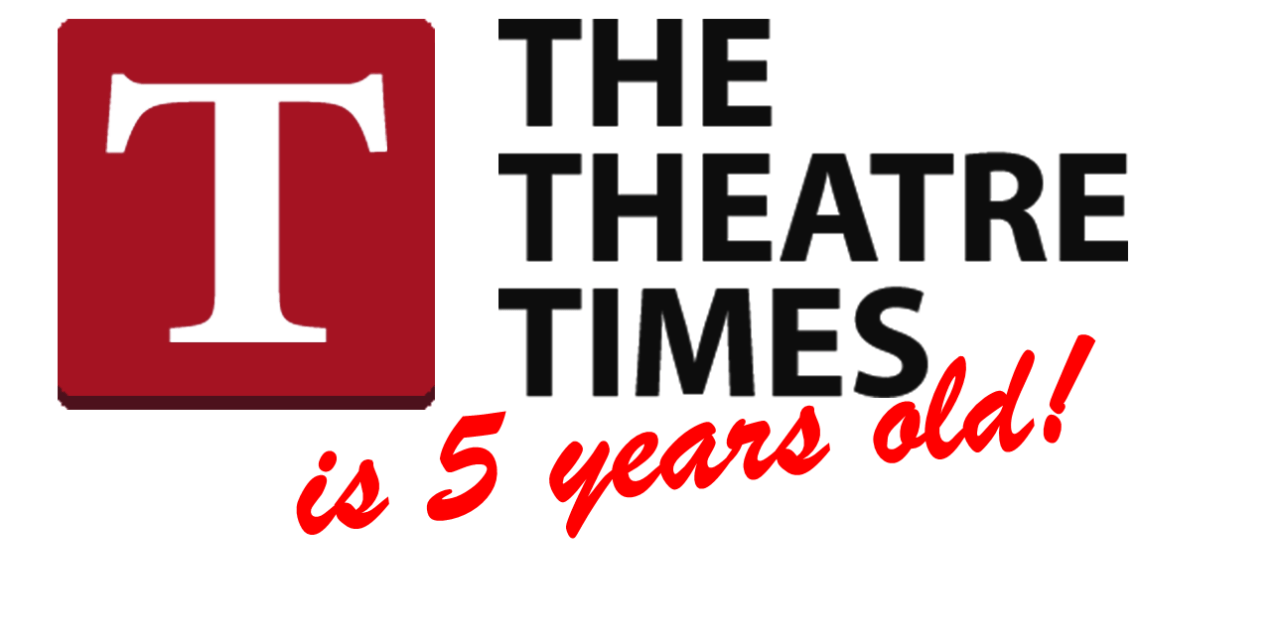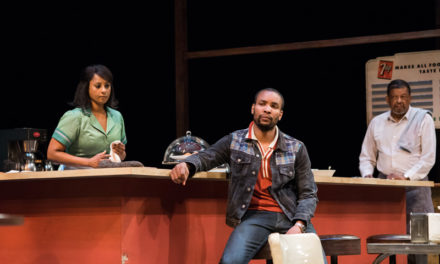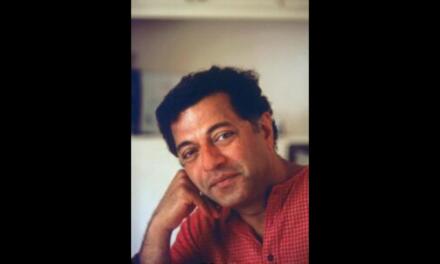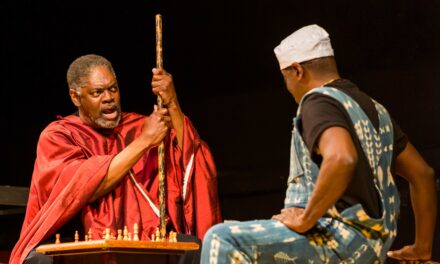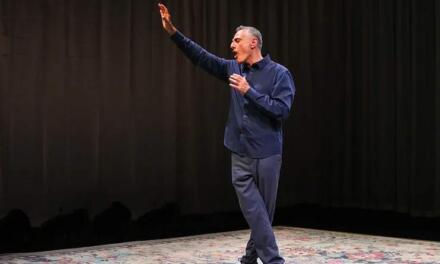TheTheatreTimes.com was founded in 2016 as an all-volunteer project to decolonize theatre criticism. Our aim has always been “to share knowledge despite often unequal access to external resources” and “to create a network that supports and nurtures the professional mobility of our readers and contributors” from around the world, showcasing theatre and people in less visible places and organizations through local voices who know and understand local cultures and theatre ecosystems.
Since its launch in November 2016, TheTheatreTimes.com has published over 4,500 articles and theatre reviews covering theatre in 90 countries and regions. With 32 thematic sections, more than 150 Regional Managing Editors, over 60 media partners around the world, and 60,000+ followers on social media, we have grown to be the farthest-reaching and most comprehensive global theatre portal today.
During the past five years, TheTheatreTimes.com has launched (1) three Spotlight features: Spotlight on Russia, Spotlight on Poland, and Spotlight on China; (2) Performap.com: an Interactive Digital Map of Theatre Festivals, funded through the Yale Digital Humanities Lab and an LMDA Innovation Grant. Performap.com currently lists 340 international theatre and performing arts festivals, searchable by date, location, and type; and (3) IOTF: The International Online Theatre Festival, a yearly event streaming international theatre shows. IOTF 2021 showcased 33 shows from 24 countries; IOTF 2020 featured 42 shows from 16 countries; and IOTF 2019 featured 26 shows from 10 countries. In total, over a million people participated in the three editions.
At the start of our journey, we wrote: “In today’s interconnected, global world, social media, and digital tools provide access to the virtual public space for everyone, and Western scholars and theatre-makers do not need to serve as cultural intermediaries.” This sentence is a signpost at TheTheatreTimes.com. Yes, we are very aware that the English language—its “standards” of grammar, writing, argumentation—still plays a significant role as a cultural intermediary. This role is underpinned by the status of English as a global language that, paradoxically, arises from its status as an acquired language. English proficiency, access to English-language sources, the cost of translation, and editing are the sieve that often determines who shapes theatrical discourses. Foreignizing this discourse is one of the challenges we set ourselves for years to come, so we continue to offer global theatre coverage through local sources.
TheTheatreTimes is five years old today. We are committed to widening our circles and reaching voices across cultures, especially voices with less agency in global theatre discourse. We support TheTheatreTimes with our own resources and labor, striving to build a new, decentralized, autonomous organizational model, sustained through micro labor and the efforts of many in service of less privileged others. We are grateful to our team for embracing this model, and we are thankful to many institutions, including the Center for Drama, Theatre, and Performance Studies at the University of Toronto; the Royal Central School of Speech and Drama at the University of London; and Emerson College in Boston, MA, for funding the work of their graduate students who help us run TheTheatreTimes. Whatever funding we receive goes to our student interns. We envision ourselves as foremost a service organization, filling in the blanks in coverage and visibility for overlooked regions, organizations, and people, and welcoming, and supporting, as many colleagues as we can with the resources we have. With the help of our team, we hope to continue this work . . .
| Magda Romanska
Executive Director and Editor-in-Chief |
Kasia Lech
Executive Director and Director of Research and Global Initiatives |
This post was written by the author in their personal capacity.The opinions expressed in this article are the author’s own and do not reflect the view of The Theatre Times, their staff or collaborators.
This post was written by The Theatre Times.
The views expressed here belong to the author and do not necessarily reflect our views and opinions.

